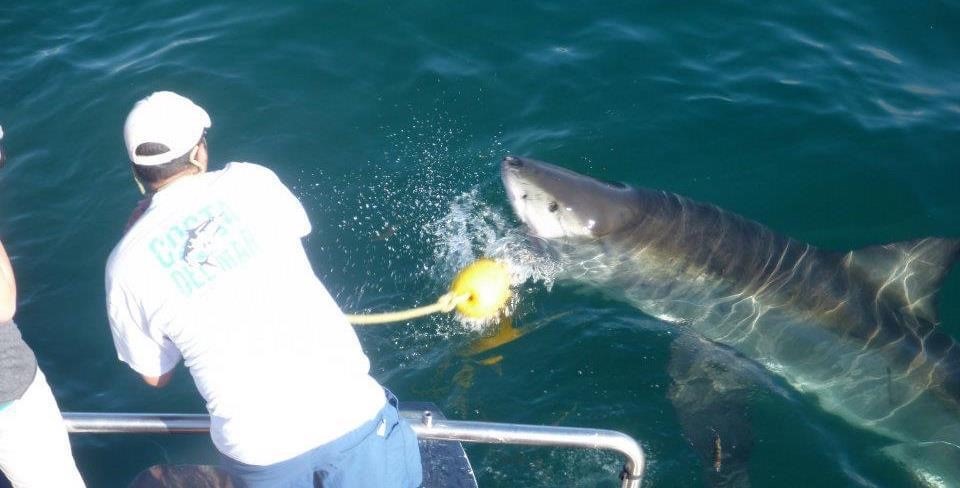An interview with Intel CTO Greg Lavender (BS ’83)
This story was originally published on the Franklin College website on Nov. 20, 2024.
While on campus in November, UGA School of Computing students had the opportunity to network with distinguished alumnus Greg Lavender (BS ’83). Lavender’s Dr. Jeffrey W. Smith Undergraduate Scholarship recipient Hannah Le conducted a one-on-one interview with Lavender.
Q: What’s your favorite memory from your time at the University of Georgia?
A: Oh, that’s a good question! I actually never went to a single football game while I was at UGA. I was always in the computer labs — very geeky, you know? My favorite memory would be a pretty funny one. I had this huge final exam in a computer science class, and it was during the winter semester. It was freezing cold, and I was studying late, wrapped up in my electric blanket, just sleeping away.
Then my phone rang — this buzzing sound that annoyed me, so I ignored it at first. Finally, I woke up and answered it. It was one of my friends calling to ask if I was going to make it to the exam. I looked at my watch, and it was already 8:15 a.m.! The exam had started at 8:00, and I had overslept by three hours! I panicked, threw some water on my face, got dressed, and rushed to campus. I couldn’t find a parking spot, so I parked in the faculty lot and ran into the exam room. I told the proctor I had a flat tire — he believed me — and then I took the exam. I finished in 35 minutes, scored a perfect 100, and passed the course. It was a moment of pure panic followed by relief. I still look back at it as one of my favorite memories because it was such an intense experience, and I never overslept for an exam again!
Q: What accomplishment are you most proud of and why?
A: I think I’m most proud of my time as a professor at the University of Texas at Austin. I supervised a lot of students over the years, and many of them have gone on to do amazing things in the tech industry. Some of them are now making more money than I ever will! But the real pride comes from seeing them succeed. I always say that while I’m proud of my own accomplishments, I’m even prouder of the accomplishments of my students.
Q: What advice would you give to current students?
A: My advice is simple: Don’t be afraid to take risks, but make sure they are calculated risks. A lot of people play it safe, but if you’re passionate about something, you have to commit to it fully — even if that means sacrificing other things for a while. Focus on becoming an expert in one area that truly excites you. In computer science, you get the chance to dive deep into certain technologies or fields. Who knows, maybe that focus will put you at the forefront of the next big thing. Just don’t waste time on easy problems — take on the hard ones. Those are the ones that push you to grow.
Q: You mentioned taking a big risk in your career. Can you elaborate?
A: Sure! One of the biggest risks I took was leaving a well-paying job to go back to school for my Ph.D. I had a great career going, and I was well-established, but I felt like I needed more advanced knowledge. I wanted to be the person who didn’t have to say much, but when I did speak, it was something important. People with Ph.D.s were the ones being respected in academic and professional circles, so I decided to go back to school. It wasn’t easy — I had three years of work experience under my belt, but I finished my master’s in just a year and then my Ph.D. after that. And I haven’t looked back since.
Q: You’ve been in the tech industry for a long time. How did you end up in Silicon Valley?
A: I never really planned it, but it happened. After I finished my Ph.D., I ended up in Silicon Valley because I sold the company I had started. That move felt like going to the “new Rome” — the center of innovation at the time, just like ancient Rome was for culture and knowledge. Silicon Valley was (and still is) a place where you have a front-row seat to the cutting edge of technology, and I wanted to be part of that. It was a wealth of opportunity, and being there opened doors I never imagined.
Q: You’re clearly passionate about technology and innovation. How do you keep yourself grounded and manage stress?
A: I’ve always been someone who needs an outlet to clear my head. Back when I was at UGA, I’d go hiking or just walk by the river. I wasn’t into football or the typical college stuff — I was always in the labs. But getting out in nature helped me reset and focus. Now, I travel a lot for work, and I still try to do the same thing. Whether I’m in Tokyo or Singapore, I take time to explore the local culture and clear my mind. It’s important to step away from work and recharge.
I get to meet interesting people from around the world. Plus, it helps me think creatively by experiencing new perspectives.
Q: You’ve lived in many places around the world. What’s your favorite travel destination?
A: Athens, Greece, holds a special place in my heart. I’m on the board of the American School of Classical Studies in Athens, and for the past 30 years, I’ve been combining my love for technology and archaeology. I bring tech tools like drones and 3D mapping to archaeological sites to help preserve them. Greece is an amazing place to visit — great food, history, and culture. I’ve traveled to many Greek islands and explored places like Santorini, Mykonos, and Delos. I’m actually planning a trip next year to Turkey and Greece for an ancient history tour that includes stops in Troy and Ephesus.
Q: You mentioned that you were born in Panama and lived in Germany as a child. How has this international upbringing influenced your career?
A: I grew up in a military family, which meant I had the chance to live in different parts of the world. I was born in Panama, and we lived in West Germany for five years, so I was exposed to different cultures from a young age. That international experience has shaped how I view the world. It’s one of the reasons I love meeting new people from different countries and cultures. It gives you a broader perspective on life and work. Plus, I speak Spanish and German, which has helped me build connections globally.
Q: What’s the next big project you’re working on?
A: Right now, I’m managing a lot of the AI and generative AI work at Intel. We’re developing new chips and systems, and we’re also working on factory automation. I oversee a large team — around 15,000 people — so my time is spent managing research labs, where we have 700 people working on everything from semiconductor physics to software, AI, and graphics. I’m excited about the potential of generative AI, so I’m closely involved in shaping how we apply that technology to new areas.
Q: You’ve had a successful career in both academia and industry. What advice do you have for students aspiring to enter the tech field?
A: My advice is simple: stay curious and never stop learning. The tech industry evolves so quickly, and you need to be willing to take on new challenges and learn new things all the time. And remember, no matter how far you go in your career, always give back. Whether it’s mentoring students or helping others in the industry, the value of sharing knowledge and giving back to the community is immeasurable.
Q: You’ve stayed connected to the University of Georgia. Why did you create the Dr. Jeffrey W. Smith Undergraduate Scholarship?
A: Dr. Smith was my favorite professor at UGA. He inspired me a lot during my time there. He’s now retired, but I wanted to honor him by creating a scholarship in his name. It was a way to give back and show appreciation for the impact he had on my life. The funny thing is, I didn’t even realize how much of an impact I had on his life until I reconnected with his daughter years later. It was a full-circle moment, and I’m proud that I could do something to honor his legacy.
Q: What keeps you excited about your work today?
A: I’m still excited by the opportunity to solve difficult problems and push the boundaries of technology. Whether it’s working on AI, leading large teams, or creating new systems, I love being at the forefront of innovation. I’m also passionate about applying technology in areas like archaeology, which is one of my hobbies. I’ve been programming for fun — whether it’s automating my home or working on cool tech projects — and I’ll keep doing it as long as I can.

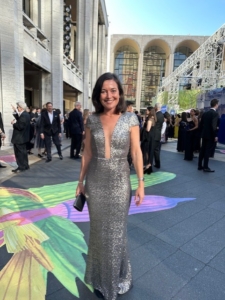

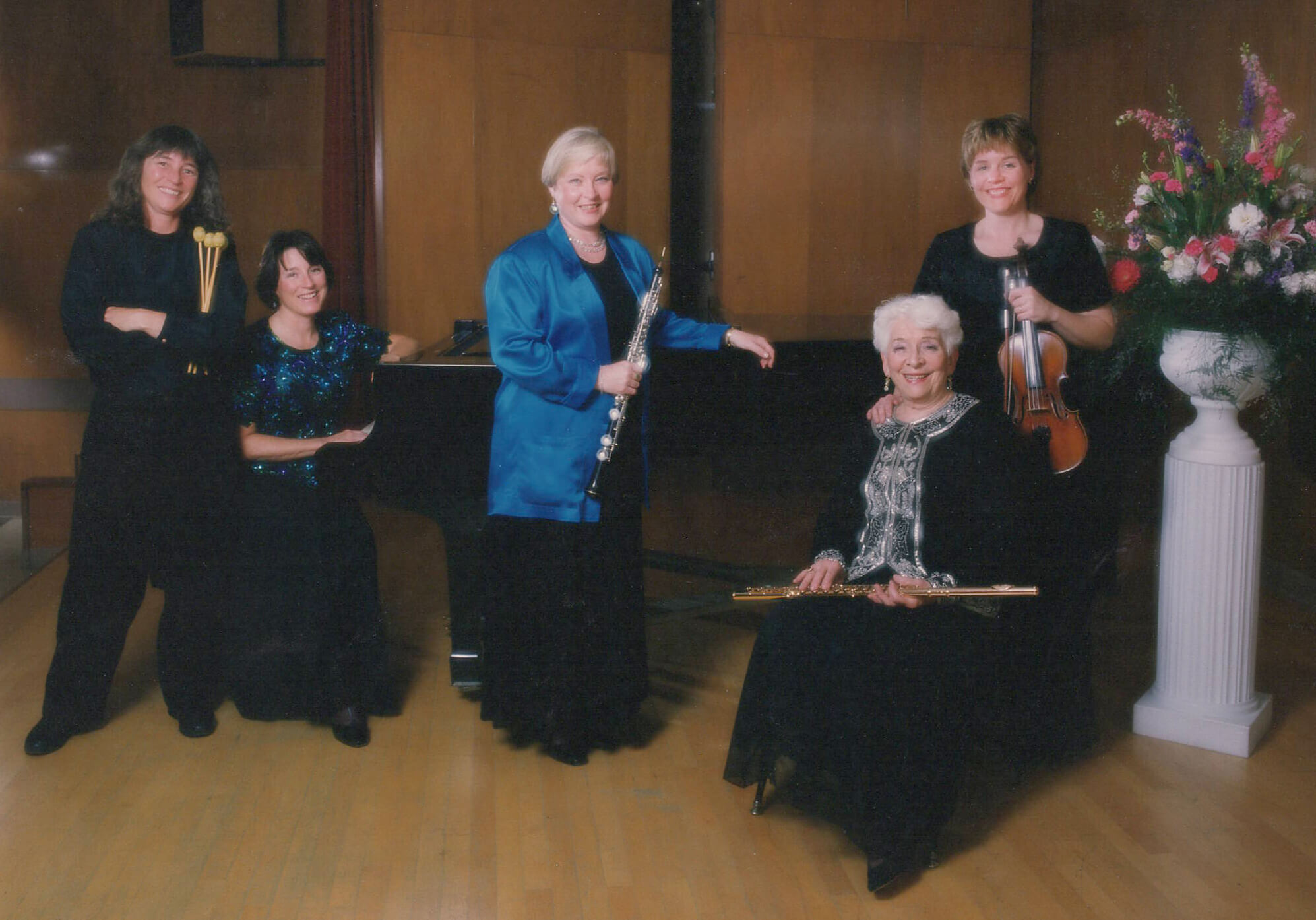
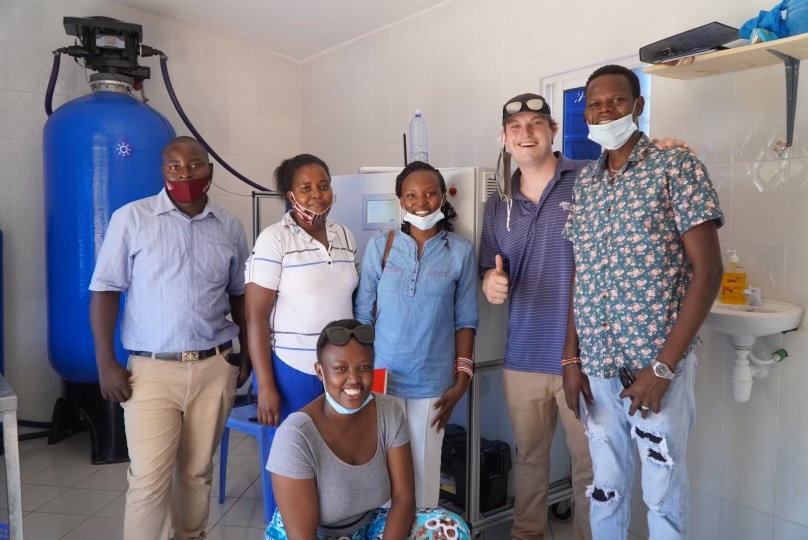
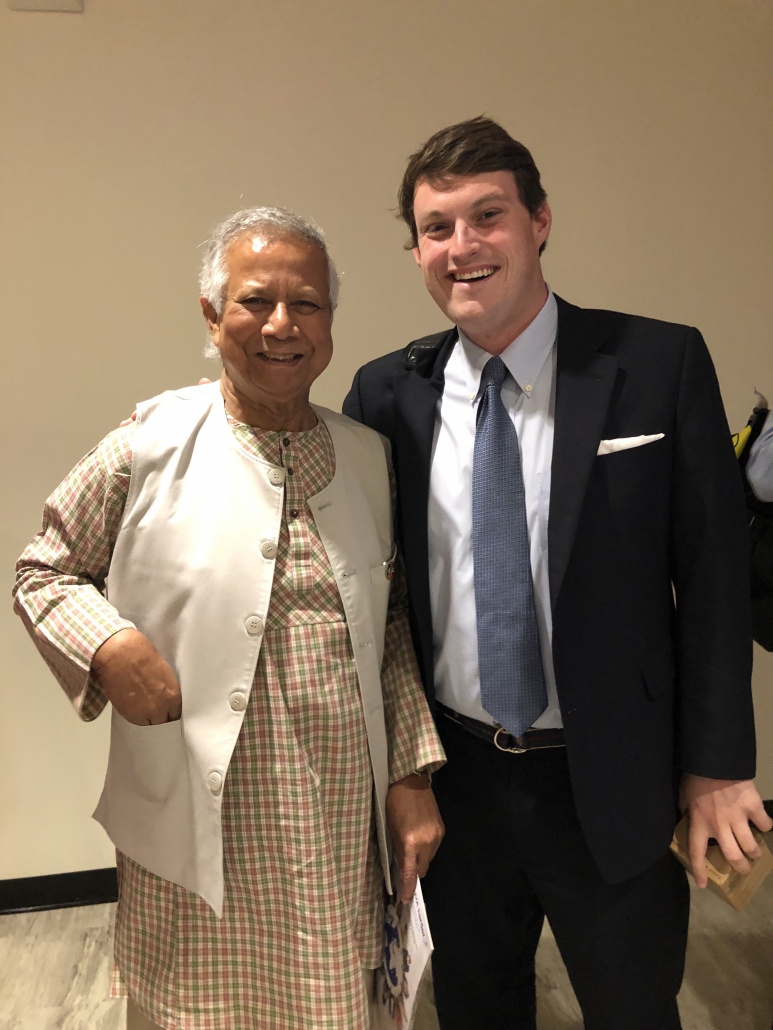
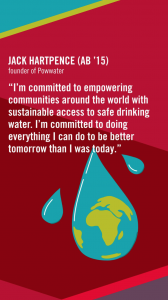
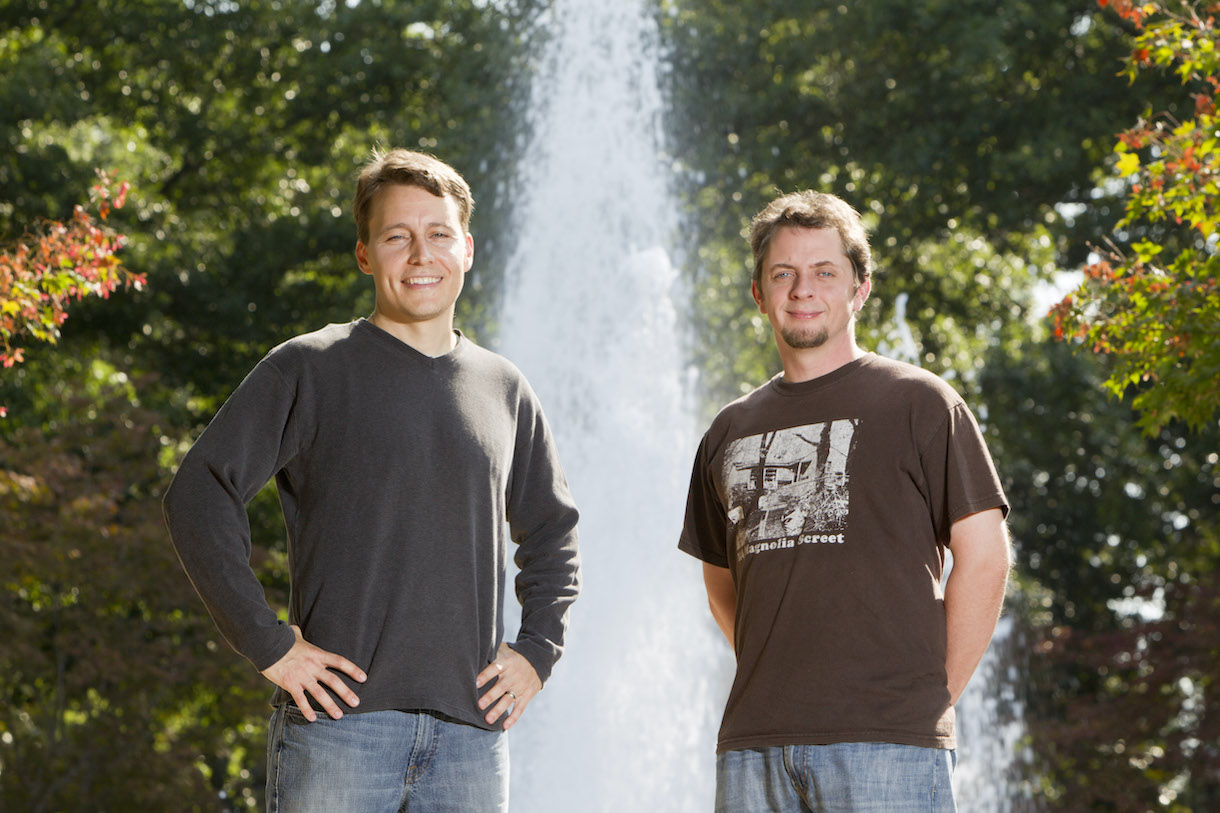
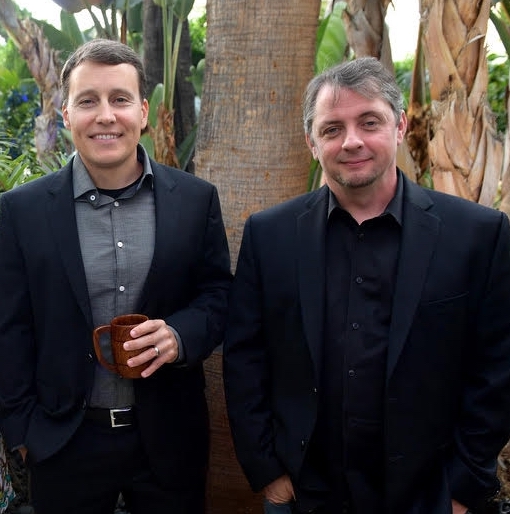
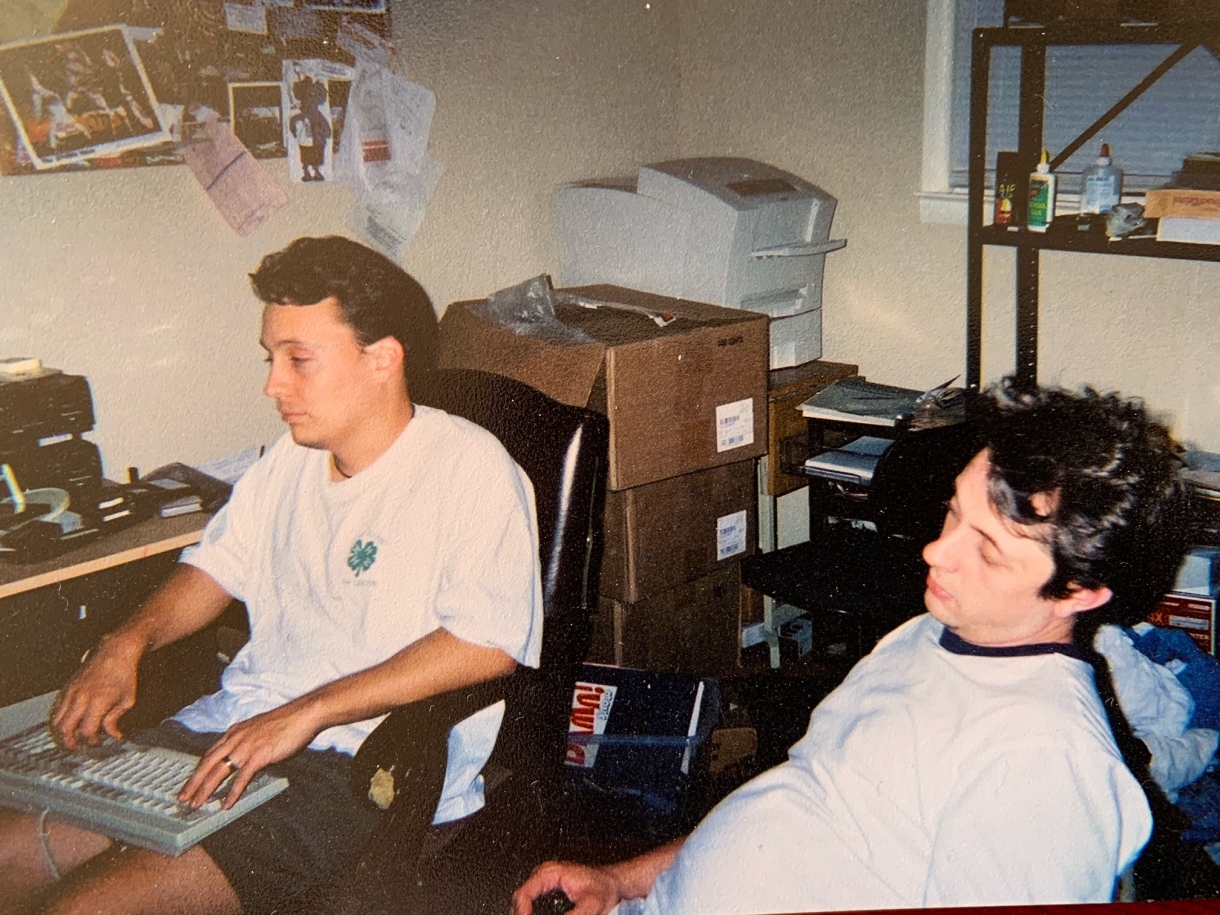
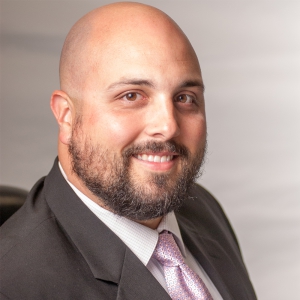 Additionally, majoring in biology in the
Additionally, majoring in biology in the 